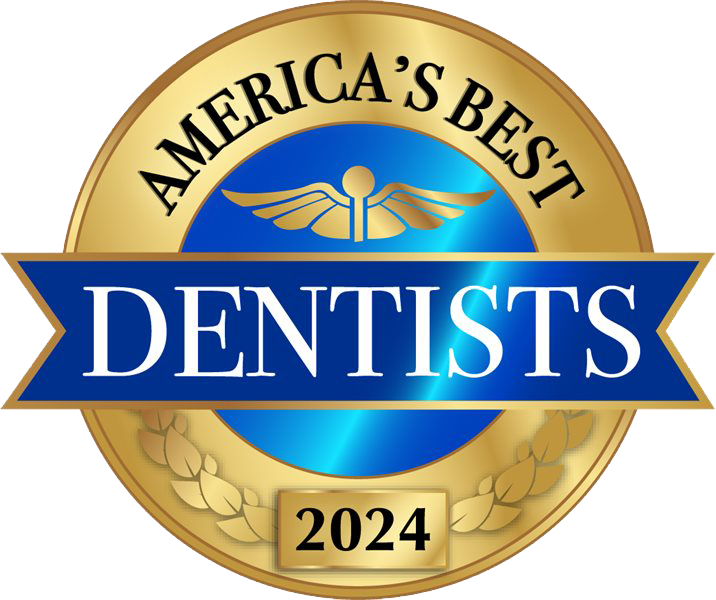Tooth-Healthy Beverage Tips for a Better Smile
Cherrywood Dental • September 25, 2018
A health-conscious consumer knows that the best beverage for your smile, and for your overall health, is water. However, how realistic is only water, all of the time? Knowing which options are good, better, and best will help you in identifying how to order healthy choices while still satisfying a craving.
Selecting a Smaller Size
The larger a beverage, the more sugar you’re likely consuming. Enjoying a special drink in moderation is the best way to have your drink and healthy teeth too. Opting for a smaller size can also significantly reduce your calorie intake for an additional bonus.
Skimp on the Extras
Coffee shop drinks are notorious for tasty add-ins that you might not even realize are hiding underneath the lid. Between mountains of whipped cream and caramel drizzles, it can be difficult to leave a coffee shop with anything that is considered healthy. Skip these sweet extras to decrease the sugar content, or ask for less than they would typically add-in.
- Whipped cream
- Pumps of flavored syrups
- Sprinkles
- Syrup drizzles
- Additional toppings
Less Sugar Is Best
Certain drinks are known to linger on the surfaces of your teeth and can do just as much damage as eating candy. For the best tooth-friendly options, look to:
Water.
The gold standard of drinking choices, water is not only hydrating, but it is also acid neutral. Tap water or filtered water also contains fluoride which is a natural cavity fighter built right in.
Milk.
The calcium content and low acidic level of milk make it an excellent alternative to many beverages. Milk still has plenty of sugar though, so always brush your teeth after drinking milk, especially at night before bed.
Herbal Tea.
Green tea and other herbal teas are loaded with antioxidants. They also contain lower acidity levels than coffee, and green tea still gives you a caffeine boost. Selecting an unsweetened variety is critical, and also stay clear of black tea. Black tea is more acidic and dries out the mouth faster.
Drink, Don’t Sip
Help to lessen the adverse effects of teeth-damaging beverages by consuming them more quickly. By drinking and not sipping, you’re limiting the amount of time the liquid spends on the surfaces of your teeth. In addition to avoiding a sugar bath, your teeth will thank you for also practicing these useful tricks:
Drink In Moderation –
As with anything, always enjoy sweetened beverages in moderation. Limiting the quantity you consume will limit your exposure to sugars and harmful acids. When it comes to protecting your smile, moderation is key.
Rinse With Water –
As often as you can, rinsing your mouth with water after consuming a sugary or acidic drink will help your teeth to fight back against sugars. Water helps to wash away some of the harmful agents that might otherwise linger and attack your teeth.
Use a Straw –
Lessen the amount of direct contact sugar has with your teeth by using a straw. Instead of coating your teeth in a sugar bath, a straw will help.
Drinks To Avoid
Soda –
Liquids that are high in sugar, like soda, are incredibly damaging to your teeth. When sugar is left on your teeth, it encourages the harmful bacteria that cause tooth decay to form. Additionally, soda is very acidic, which weakens the structure of your tooth enamel and makes it more susceptible to damage.
Sports Drinks and Energy Drinks –
Similar to soda, while these drinks may be marketed as hydrating and electrolyte replenishing, they are often high in acids and sugars.
Juice –
The concentration of juice makes it very high in sugar, and citrus juices are also very acidic. Pro Tip: Eat your fruits, don’t drink them!
Alcohol –
Always high in sugar and acidity, alcohol wears down your enamel quickly. Alcohols like red wines also have high staining powers.
Coffee –
Adding extra sweeteners to coffee not only increases the acid level but also raises the sugar content.
Still suffering from a sweet tooth? Ask Cherrywood Dental Associates for other ways to combat the hidden sugars found in many beverages at your next dental exam.



